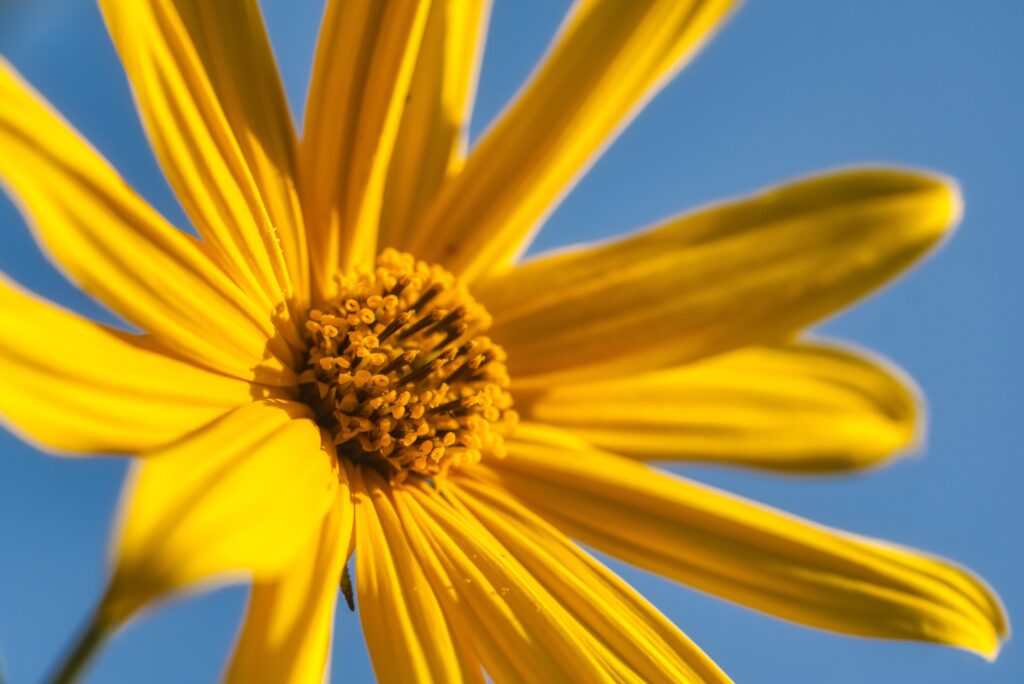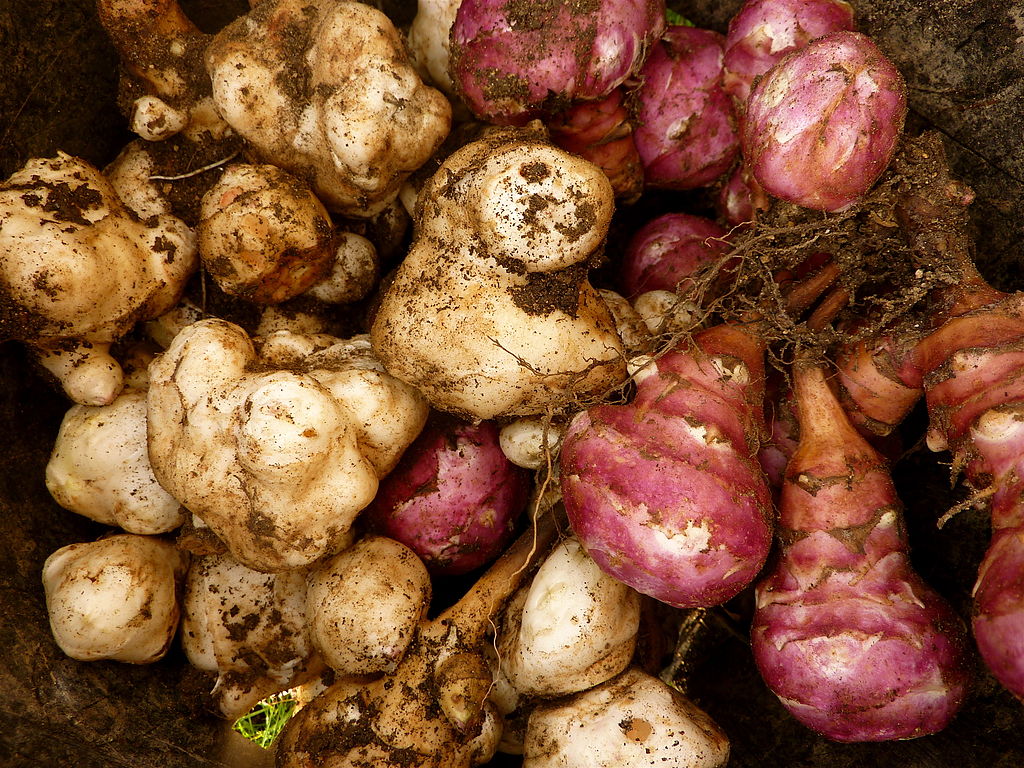The University of Tartu researchers, Viia Kõiv, Tanel Tenson and Elin Org, have found a new way to improve the health of the immune and nervous system and support metabolism; after several years of research, the scientists developed chips from the Jerusalem artichoke at the university’s spin-off company, RootBioMe.
This article is published in collaboration with Research in Estonia.
Microbiologist Viia Kõiv, who has researched the bacteria in the vegetables and more specifically in root crops, found that the microbial diversity in the vegetable is higher in the ones that grow naturally, compared with the ones from the supermarkets. In addition, many of the bacteria growing in the roots, are also part of a healthy human gut. The more bacteria there are in the vegetables, the more they produce necessary substances that support our immune and nervous system, but also our metabolism.
Searching for the best root crop
In the research of the best root crop, the researchers of RootBioMe found that when naturally eating the Jerusalem artichoke – a species of sunflower native to central North America, also called sunroot, sunchoke or earth apple – human digestive enzymes are not able to break inulin because the root vegetable contains a large amount of fibre and has rich microbial community.
However, inulin helps the bacteria living in our intestine produce short chain fatty acids, which are beneficial for our health. Microorganisms can cleave inulin into fructooligosaccharides that consist of fructose monomers that act as a food for several beneficial bacteria in the gut. Therefore, inulin is an important prebiotic and acts as a functional food. The benefits of inulin are widely researched and therefore it has been produced as a purified supplement.
The diversity of human gut microbiome has decreased mainly caused by processed food, urbanised environment and the increased use of medicine. According to professor Tanel Tenson, the research has shown prebiotics such as inulin, are more effective as a natural ingredient compared to the purified version. This is the reason why researchers of RootBioMe developed a functional food – chips – of natural origin, from the organically grown Jerusalem artichokes, of which inulin makes up to 60% of the dry matter.

A study shows the benefits
The benefits of the inulin in the Jerusalem artichoke chips have been shown by a study conducted with volunteers. The microbiome analysis using faecal samples showed that after the consumption of the artichoke products, the microbial community in the volunteer´s gut had changed. According to associate professor Elin Org, the results showed that the amount of bacteria that consume the inulin that improve the metabolism, increased. Org added that, surprisingly, the results appeared within just two weeks.
In addition to the Jerusalem artichoke chips, researchers have also developed a curd cream with the Jerusalem artichoke flour*. The curd is aimed for older people with the purpose of helping their slower digestive system.
The researchers confirm the inulin is a good prebiotic, but despite that, it is not a miracle cure – it is important to consume different fruit and vegetables. When consuming antibiotics, the good bacteria are being killed along with the bad bacteria that might cause a disease. Therefore, consuming the inulin-rich prebiotics – such as the Jerusalem artichoke chips – before and during the course of taking antibiotics, promotes the growth of the good bacteria.
* The University of Tartu spin-off company RootBioMe researchers participated in the European Innovation and Technology engagement workshops project aimed to develop a novel high in fibre cream curd in collaboration with Estonian companies, BioCC and Pajumäe Talu.
Cover: A bucket full of Jerusalem artichokes. Photo by Christian Guthier, shared under the Creative Commons CC BY 2.0 licence.

